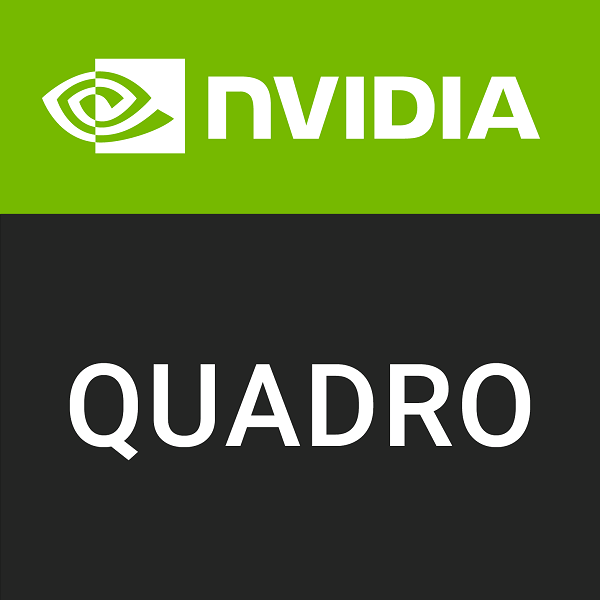NVIDIA Quadro K6000 vs Intel Arctic Sound-M
We compared two Professional market GPUs: 12GB VRAM Quadro K6000 and 16GB VRAM Arctic Sound M to see which GPU has better performance in key specifications, benchmark tests, power consumption, etc.
Main Differences
NVIDIA Quadro K6000 's Advantages
Boost Clock902MHz
Lower TDP (225W vs 500W)
Intel Arctic Sound-M 's Advantages
Released 8 years and 6 months late
More VRAM (16GB vs 12GB)
Larger VRAM bandwidth (1229GB/s vs 288.4GB/s)
5312 additional rendering cores
Score
Benchmark
FP32 (float)
Quadro K6000
5.196 TFLOPS
Arctic Sound M
+183%
14.75 TFLOPS
Graphics Card
Jul 2013
Release Date
Jan 2022
Quadro
Generation
Data Center GPU
Professional
Type
Professional
PCIe 3.0 x16
Bus Interface
PCIe 4.0 x16
Clock Speeds
797 MHz
Base Clock
-
902 MHz
Boost Clock
-
1502 MHz
Memory Clock
1200 MHz
Memory
12GB
Memory Size
16GB
GDDR5
Memory Type
HBM2e
384bit
Memory Bus
4096bit
288.4GB/s
Bandwidth
1229GB/s
Render Config
-
-
-
-
-
-
2880
Shading Units
8192
240
TMUs
256
48
ROPs
128
-
-
-
-
-
-
16 KB (per SMX)
L1 Cache
-
1536 KB
L2 Cache
8 MB
-
-
-
Theoretical Performance
54.12 GPixel/s
Pixel Rate
115.2 GPixel/s
216.5 GTexel/s
Texture Rate
230.4 GTexel/s
-
FP16 (half)
29.49 TFLOPS
5.196 TFLOPS
FP32 (float)
14.75 TFLOPS
1.732 TFLOPS
FP64 (double)
3.686 TFLOPS
Board Design
225W
TDP
500W
550 W
Suggested PSU
900 W
2x DVI
2x DisplayPort 1.2
Outputs
No outputs
2x 6-pin
Power Connectors
8-pin EPS
Graphics Processor
GK110B
GPU Name
Arctic Sound
GK110-890-B1
GPU Variant
-
Kepler
Architecture
Generation 12.5
TSMC
Foundry
Intel
28 nm
Process Size
10 nm
7.08 billion
Transistors
8 billion
561 mm²
Die Size
190 mm²
Graphics Features
12 (11_1)
DirectX
12 (12_1)
4.6
OpenGL
4.6
3.0
OpenCL
3.0
1.1
Vulkan
N/A
3.5
CUDA
-
5.1
Shader Model
6.6





